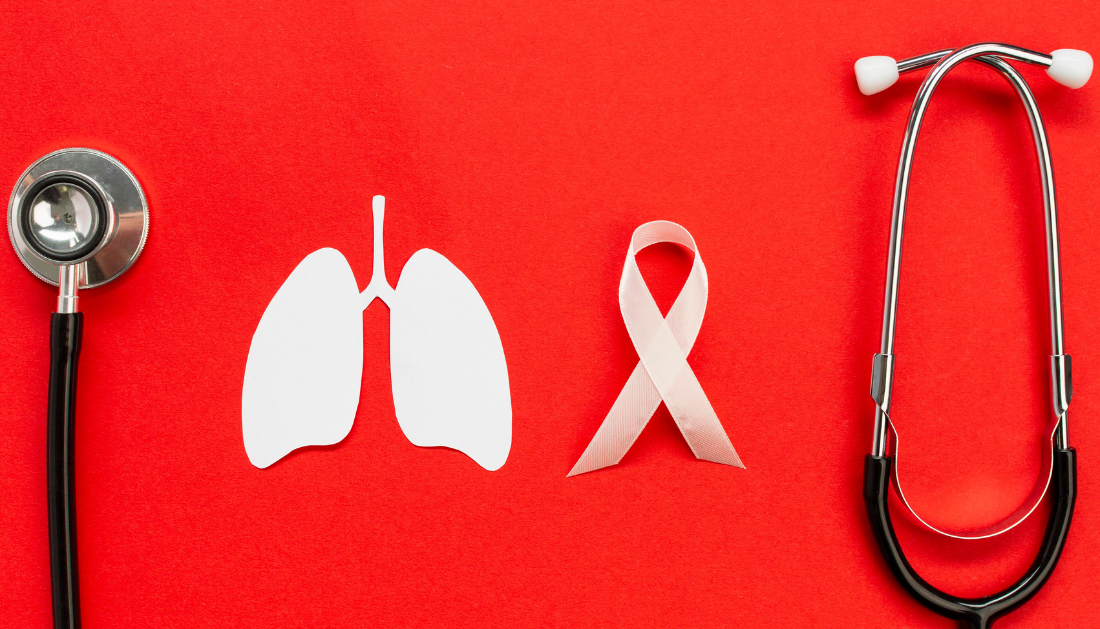

Among US veterans diagnosed with lung cancer through the Veterans Health Administration health care system, those who completed screening prior to diagnosis were more likely to be diagnosed with earlier stage disease and had a greater cure rate than those who did not receive screening.
The results are from an observational research published online in Wiley – Cancer.
Lung cancer is the largest cause of cancer death worldwide, with the majority of patients diagnosed at an advanced stage. Early detection through screening could save lives, and current recommendations suggest that persons aged 50 to 80 with at least a 20-pack-year smoking history who smoke now or have quit within the last 15 years should have annual imaging testing for lung cancer.
Although such screening has been found to be useful in clinical studies, there is limited evidence on the real-world effectiveness of pulmonary cancer screening. To explore, researchers examined the impact of screening on individuals diagnosed with lung cancer in the Veterans Health Administration health care system between 2011 and 2018.
Among the 57,919 people diagnosed with lung cancer, 2,167 (3.9%) were screened prior to diagnosis. Over five years, patients who received screening had a greater rate of early (stage I) diagnosis (52% versus 27%), as well as reduced rates of death from any cause (49.8% versus 72.1%) and cancer (41.0% versus 70.3%).
“It is incredible to witness how dedicated national efforts to increase lung cancer screening from the Lung Precision Oncology Program can lead to substantial improvements in lung cancer outcomes,” said co–corresponding author Michael Green, MD, Ph.D., of the University of Michigan and the Veterans Affairs Ann Arbor Health care System.
more recommended stories
 Advanced Prostate Cancer and Serial ctDNA Analysis
Advanced Prostate Cancer and Serial ctDNA AnalysisKey Takeaways Serial liquid biopsies using.
 Tuberculosis Breakthrough with Experimental Antibiotics
Tuberculosis Breakthrough with Experimental AntibioticsKey Takeaways Experimental antibiotics disrupt a.
 National Healthy Longevity Trial Receives Federal Support
National Healthy Longevity Trial Receives Federal SupportKey Summary Up to $38 million.
 Vascular Health Linked to Early Alzheimer’s Brain Changes
Vascular Health Linked to Early Alzheimer’s Brain ChangesKey Takeaways Brain vascular health is.
 Red Blood Cells Improve Glucose Tolerance Under Hypoxia
Red Blood Cells Improve Glucose Tolerance Under HypoxiaKey Takeaways for Clinicians Chronic hypoxia.
 Nanoplastics in Brain Tissue and Neurological Risk
Nanoplastics in Brain Tissue and Neurological RiskKey Takeaways for HCPs Nanoplastics are.
 AI Predicts Chronic GVHD Risk After Stem Cell Transplant
AI Predicts Chronic GVHD Risk After Stem Cell TransplantKey Takeaways A new AI-driven tool,.
 Red Meat Consumption Linked to Higher Diabetes Odds
Red Meat Consumption Linked to Higher Diabetes OddsKey Takeaways Higher intake of total,.
 Pediatric Crohn’s Disease Microbial Signature Identified
Pediatric Crohn’s Disease Microbial Signature IdentifiedKey Points at a Glance NYU.
 Nanovaccine Design Boosts Immune Attack on HPV Tumors
Nanovaccine Design Boosts Immune Attack on HPV TumorsKey Highlights Reconfiguring peptide orientation significantly.

Leave a Comment